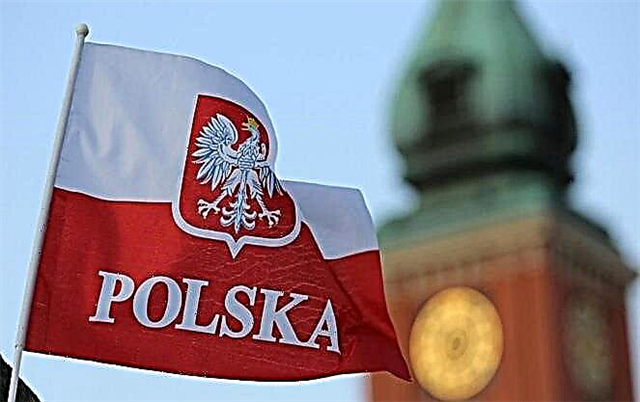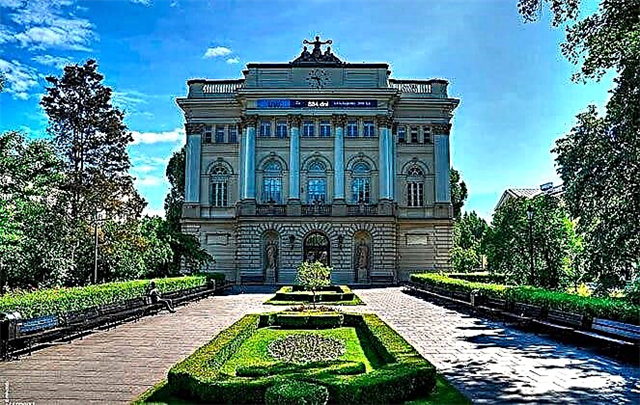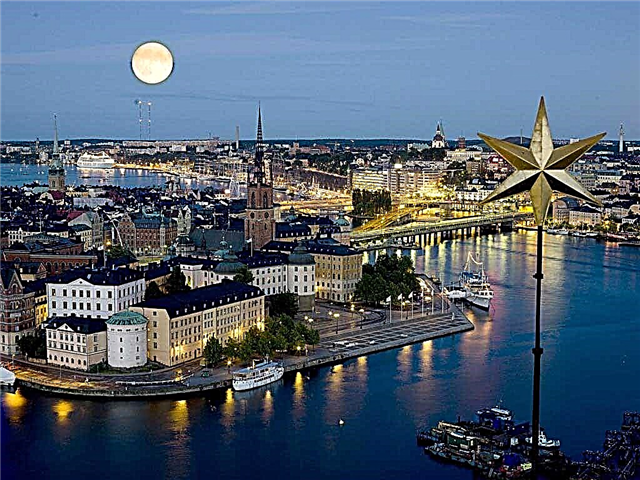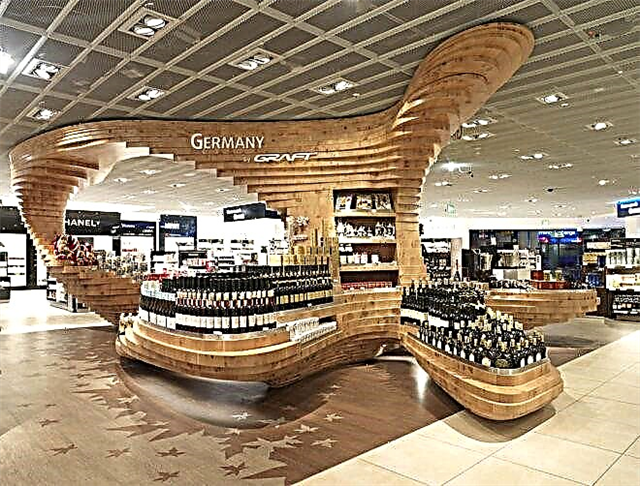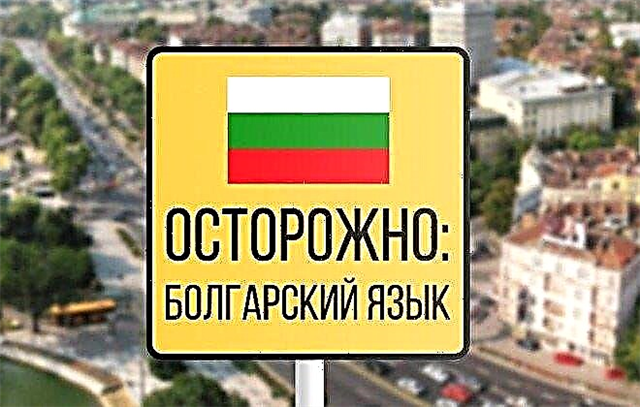Most Russian-speaking tourists, having arrived in Bulgaria, understand the locals without any problems. This is not surprising: the Bulgarian language is a close relative of Russian, they belong to the Slavic group, have common roots, the same alphabet, there are many similar words in the vocabulary. But there are enough differences: different grammar, stress, in Bulgarian there are many borrowings from Turkish, Italian, Ukrainian, and other languages. In addition, the differences are noticeable at the level of sentence construction.

A bit of history
Bulgarian speech, like Russian, originated from the Proto-Slavic language. Linguists believe that until about 5-6 centuries AD, the southern and eastern Slavs spoke the same language and only then split. This is why modern languages are so similar.
The Slavs are also united by the common alphabet (initial letter) created by Cyril and Methodius, two brothers-enlighteners, canonized. Every year, at the end of May, Bulgaria solemnly celebrates the holiday of Slavic writing - the Day of Cyril and Methodius, who left us their outlines of Slavic letters. There are 30 of them in the Bulgarian language - there are no our “y”, “yo”, “e”.
The history of the Bulgarian language is closely connected with the history of the state itself, which was under the Turkish yoke for almost 600 years. The Bulgarians managed to preserve their language, but it was actively influenced by the conquerors, which is why there are so many borrowings from Turkish in it.
Since 2007, the Bulgarian language has become an official language within the framework of the European Union and is the only one in this union to use the Cyrillic alphabet as the basis of written speech.
How to communicate in Bulgaria
The answer to what language is spoken in Bulgaria looks quite simple: Bulgarian. However, as in any country, there are people who speak other languages and dialects. Turkish, Gypsy are widespread, although Slavic speech is most often heard on the streets, in resort areas and large cities there are many who understand Russian well and speak it.
When asked which language is the official language in Bulgaria, the Constitution of the country answers unequivocally: Bulgarian (български език) is recognized as the state language. It is studied in all schools, gymnasiums, it is taught in universities, signs are written in Bulgarian, signs on the streets, names of dishes on the menu of restaurants, cafes, timetables of trains, buses, planes at train stations and airports.
The main languages spoken in Bulgaria are Bulgarian, Turkish, Gypsy. Bulgarian is considered native by 85% of the population, although many of them speak their own dialects. Slightly more than 9% are native speakers of Turkish, 4.2% are Romani (Roma). The share of Russian, Armenian, Greek, Romanian and other languages is one hundredths of a percent.
The general use of Bulgarian allows Russian speakers to easily understand the locals, since the language group is one - Slavic.
Local dialects
Since a huge part of the population lives in the mountains, almost every region has formed its own dialect, which is not always understood not only by foreigners, but even by residents of other regions of the country. For example, 200 years ago, in the Burgas region, every village had its own dialect with its own grammar.
If you look at the statistics, you get the impression that all the inhabitants of Bulgaria speak the same language. If you listen to how the Bulgarians speak, you get the feeling that not everyone here speaks Bulgarian.
Linguists distinguish two main groups: eastern and western dialects, which, in turn, are subdivided into smaller directions. There are Macedonian, Shop, Banat dialects, but this is such a complex classification that only specialists who study them can understand it.

By the way, special differences persist between the dialects of Muslim, Catholic and Orthodox Bulgarians.
What language should tourists use
Before going on vacation, many tourists from the CIS ask if they speak Russian in Bulgaria? Is it possible to communicate on it?
Until 1990, Bulgarians studied Russian at school, so the older generation knows it well. Young people did not have such lessons at one time, but they do. Usually, you will hear a polite answer in Bulgarian to the address “Good day” in Russian, but basically everything will be clear. So if you are interested in whether Bulgarians understand Russian, you can rest assured that they do.
The younger generation speaks English well, as tourists from Europe and the USA come here, although many note that the situation with Russian in Bulgaria is still better. All stores, street names, price tags, as a rule, have translations into Russian and English.
Going on vacation to this sunny country, you don't have to wonder if the Bulgarians know Russian. Most likely, you will not have to turn to the help of an interpreter: you will easily be able to establish communication with local residents and get answers to your questions.
Features of communication with Bulgarians
Bulgaria is an amazing country where you can see and hear a lot of funny things, from our point of view, so you should be prepared in advance for some peculiarities of the use of words and facial expressions. For example, gestures in Bulgaria are exactly the opposite of the usual Russians. This should be taken into account, since many tourists resort to such a simple method of communication.
A head nod from top to bottom means “no”, but vigorous waving of the head from side to side, which we perceive as “no”, is considered by the Bulgarians a sign of agreement, confirmation, identical to our “yes”.
It also introduces deceit and vocabulary: there are Russian words similar to Bulgarian ones, which in Bulgaria mean completely different concepts. For example, the Russian word “bride” in Bulgarian sounds like “bulka”, but our “bulka” among the Bulgarians is “drink”. In Russian "pine" - in Bulgarian "boron", but "boron, forest" Bulgarians call "mountain". The Bulgarian “table” is the Russian “chair”, “braid” is “hair”, only strawberries are called berries.
These and other features of the Bulgarian language, in comparison with Russian, sometimes baffle tourists, but Bulgarians are so welcoming and benevolent that misunderstandings are quickly eliminated.
Conclusion
Russian-speaking people easily understand Bulgarian, Bulgarians do not have any difficulties in understanding Russian, so many tourists are tempted to use only their native language on a trip. But attention to its language is always considered an indicator of respect for the inhabitants of the country to which you have arrived, so try to learn at least a few common phrases in Bulgarian before going on a business trip, on vacation, to your friends.

